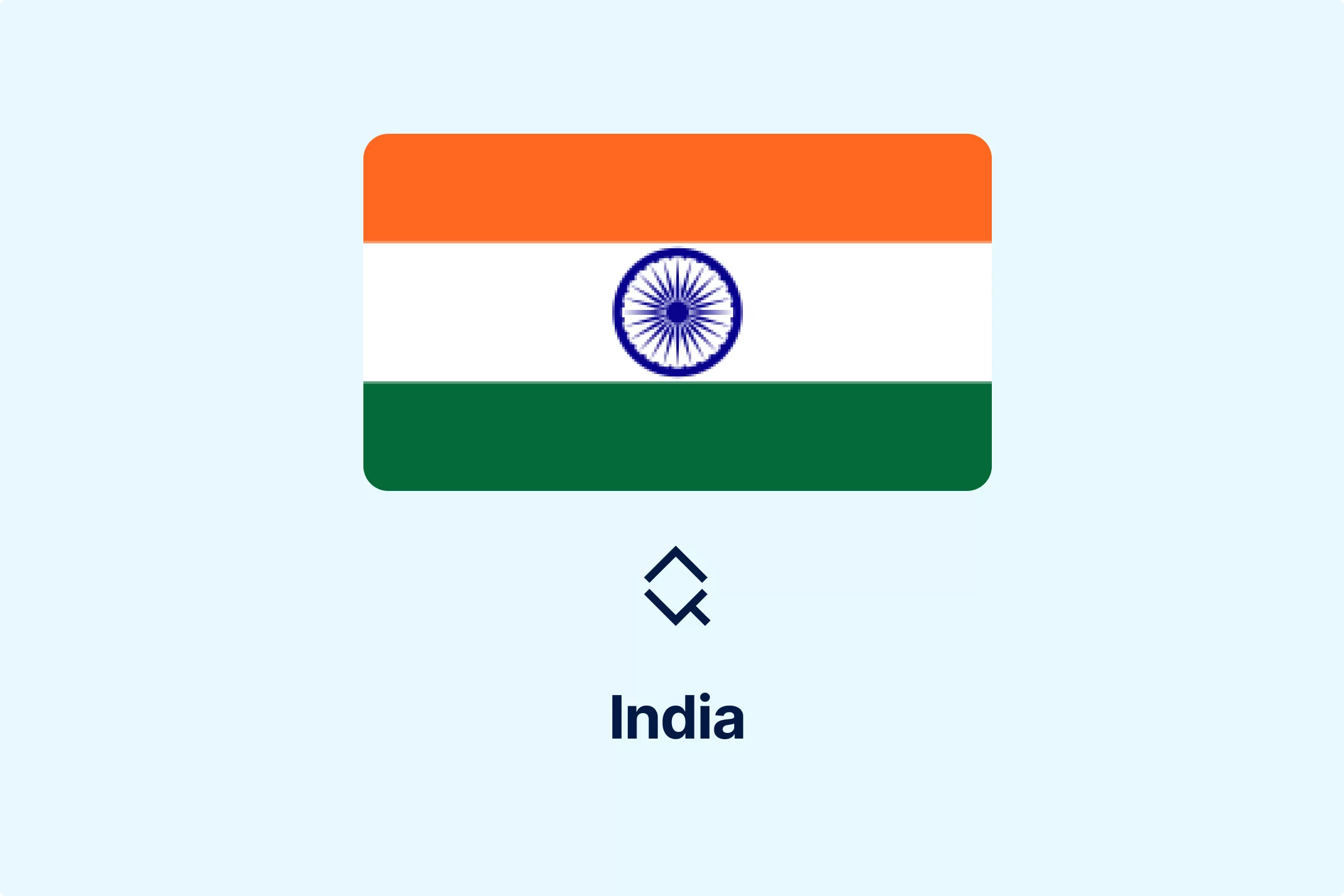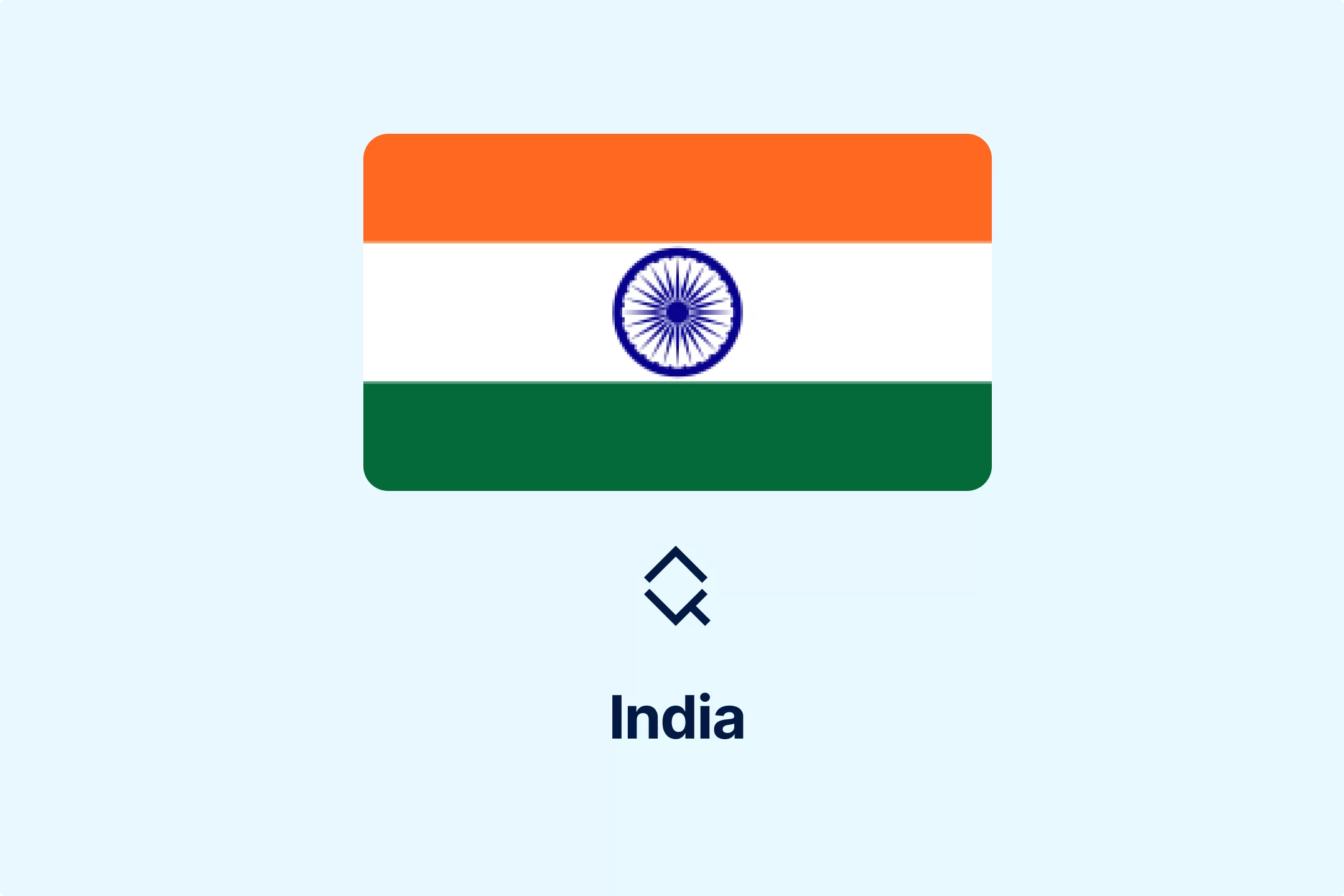India – Updates from the 53d GST Council Meeting

The Indian government introduced the Goods and Services Tax (GST) in 2016 after both Houses of Parliament passed the Constitutional (122nd Amendment) Bill. These Amendments came into force in 2017, attempting to simplify and unify the existing tax system.
Crucially, Article 279 established the GST Council as part of these changes. This Council plays a pivotal role in making recommendations to the Union and the states on important GST-related issues, such as the goods and services that may be subject to or exempted from GST.
GST Council Meeting and Impact
The GST Council proposed significant changes to the GST rates for goods and services in its key recommendations. Notably, a uniform Integrated GST (IGST) rate of 5% was suggested for imports of aircraft parts, components, testing equipment, tools, and toolkits, regardless of their Harmonized System (HS) classification.
This move will boost maintenance, repair, and operations (MRO) activities, subject to a specified condition.
Furthermore, the 12% GST rate was recommended for:
Milk cans (of steel, iron, and aluminum), irrespective of their use;
Cartons, boxes, and cases of both corrugated and non-corrugated paper or paperboard (reduced from 18%);
All solar cookers, whether single or dual energy sources;
All types of sprinklers, including fire water sprinklers.
Some of the most important recommendations regarding the GST on services include exempting the services provided by Indian Railways to the general public, namely, the sale of platform tickets, the facility of retiring rooms/waiting rooms, cloakroom services, and battery-operated car services, and also exempting Intra-Railway transactions.
Another significant recommendation is to exempt accommodation services from GST. However, this exemption applies only to services with a supply value of up to IRS 20,000 per month per person. It is further subject to the condition that the accommodation service is provided for a minimum continuous period of 90 days.
Conclusion
The first thing to remember is that the GST Council's recommendations are not binding for the Union and states. However, the Council has a significant role in shaping India's GST rules and policies, thus making these recommendations worth monitoring.
Also, all these recommendations and certain clarifications provided by the Council confirm efforts to simplify operational issues and reduce litigation. Once the circular letter is issued, the exact effective date of the proposed recommendations will be known.
Source: Indian Ministry of Finance

More News from India
Get real-time updates and developments from around the world, keeping you informed and prepared.
-e9lcpxl5nq.webp)











